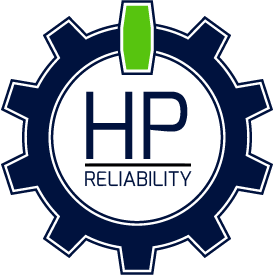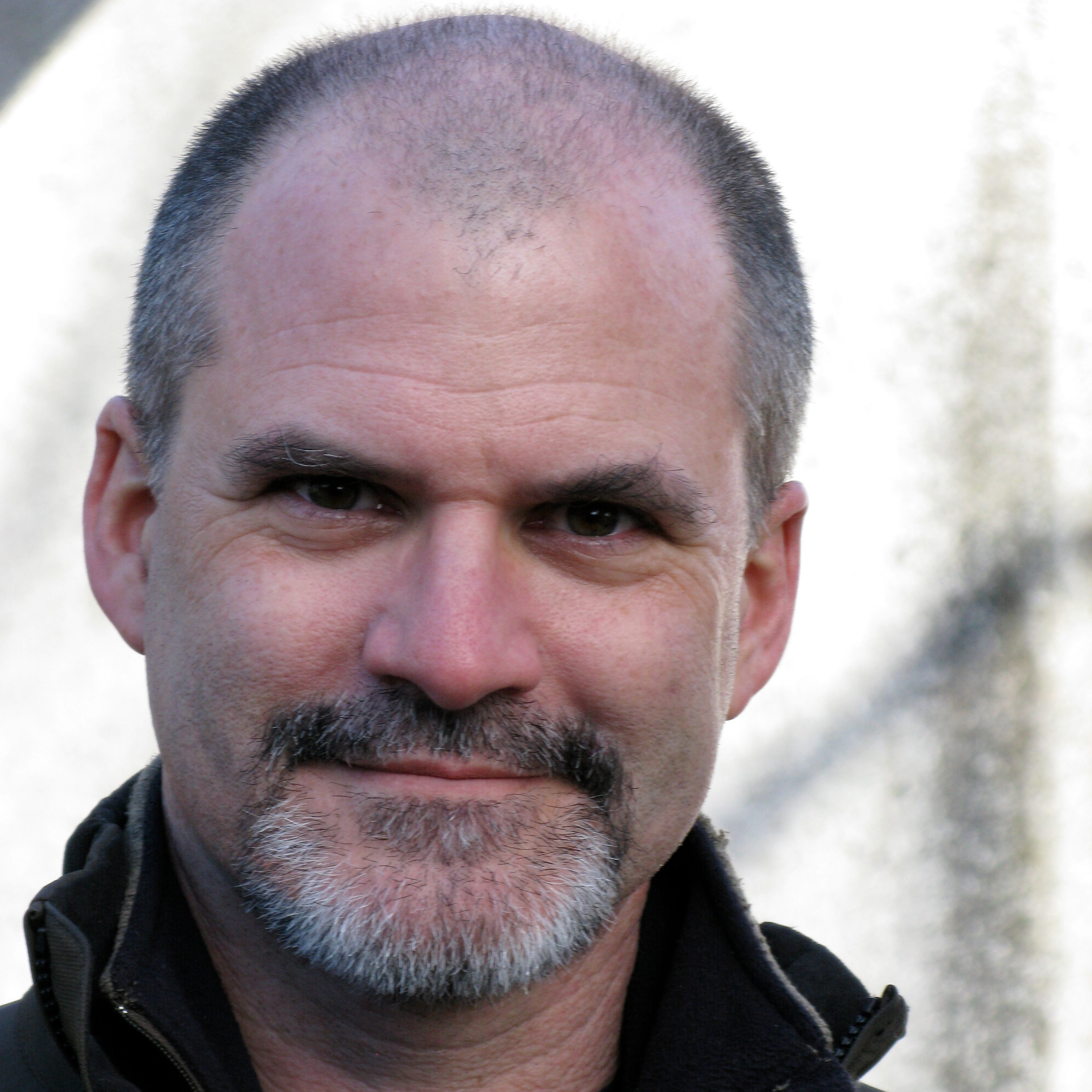The main goal of every organization is to get the quality product in the market. That s why they spend millions of dollars to stay on the plan they had in place. They can t do that if their equipment keeps failing. The only way to make it sure is to maintain it properly. And that is a job for reliability engineers. They are the ones who maintain the assets of the company. They find the cause of the failures and stop it by making the system design better. They play a role similar to the process engineer but their job has a wider scope.
They assess the current systems and make sure that the new systems integrate well with the existing ones. They are there to eliminate the failures that keep occurring. They find the root cause of those repeating failures and then they eliminate them. When there is unplanned downtime, it can be catastrophic in the long run. A reliability engineer knows the equipment inside out. He knows when the equipment is going to break, need maintenance or replacement. He plans for these things in the design phase. If you don t account for failures earlier, you won t be able to stop them later.
They deal with the asset data and analyze it. They are there to make the equipment run as it should be. The huge part of the job is to calculate outcomes against every input. So basically, they need to have very good knowledge of statistics. But it is not just limited to simulations, tests, and assessments. They implement the company s plans to give consistent performance. The reliability engineers don t just fix the problems as they occur. They are the people who have to think for a long-term performance of the systems. They save you a lot of time and money by doing that.
Sometimes, there aren t proper job titles in the companies for a reliability engineer. They just have a technical person with good experience. He is the one who handles maintenance side of things when a piece of equipment stops working or often fails. If they are good at what they do, they usually get appreciation and respect from the co-workers. They get title and privileges as well at some stage in their career. A professional reliability engineer, however, has to do a lot more than that. He not only performs statistical analysis, he needs to plan for failures, maintain, replace, and record every little data about the equipment.
He is there for the long run and he is the reason, companies have sustainable processes and quality production control. Top reliability engineers also have good communication skills because they have to interact with finance, marketing, and all sorts of departments as well. They need to convince stakeholders sometimes. That is a quality that comes naturally to some people. There are a lot of certifications to be a reliability engineer and some require a great level of studies and experience. You need to build on small things and then get it going.
Eruditio Links:
- Eruditio
- HP Reliability
- A Smarter Way of Preventative Maintenance Free eBook
- inspired Blended Learning (iBL®)
- James Kovacevic s LinkedIn
Fred Schenkelberg Links:
The post 105 – The Importance of a Reliability Engineer with Fred Schenkelberg appeared first on Accendo Reliability.

